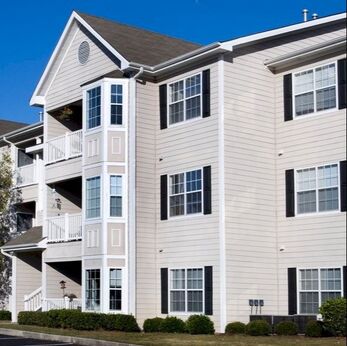Steering the Intricate Protection Landscape of Virtual Computing in Multi-Unit Residences
Steering the Intricate Protection Landscape of Virtual Computing in Multi-Unit Residences
Blog Article
Cloud computing has become an essential part of our daily lives, especially in multi-residential units like apartment buildings and condominiums. These settings often have many tenants sharing the same online connection and virtual resources. While cloud computing offers many benefits, such as simple access to information and applications, it also presents unique safety challenges. Comprehending these challenges is crucial for residents and building managers to ensure that their data stays safe and secure.
One of the primary concerns in shared units is the threat of unauthorized access to confidential information. When multiple users utilize the same connection, it can be easier for hackers to infiltrate the system. This is particularly true if the system is not properly secured. Residents should be aware of the significance of using robust passwords and enabling two-factor authentication whenever possible. Property managers can also help by ensuring that the building's Wi-Fi connection is protected with coding and regularly updated security protocols.
Another major issue is data privacy. In a common environment, individual information can be more vulnerable to attacks. For example, if one tenant's device is compromised, it could potentially expose the information of others on the same network. To reduce this risk, residents should be careful about the information they disclose online and be mindful of the applications they use. Additionally, property managers can implement policies that encourage safe internet practices among residents, such as frequent workshops on cybersecurity awareness.
Cloud computing providers also have a crucial role in maintaining security in multi-dwelling units. These providers are responsible for safeguarding the information stored in their platforms. It is essential for residents and building managers to choose reputable providers that emphasize security measures, such as data coding and routine security audits. By selecting reliable cloud services, users can reduce the threat of data breaches and ensure that their data is handled with care.
Finally, continuous education about cloud safety is crucial for all webpage parties involved. As technology evolves, so do the methods used by cybercriminals. Frequent training sessions and updates on the latest safety practices can help residents and property managers stay informed. By cultivating a culture of security awareness, multi-dwelling units can establish a safer digital space for all residents. In summary, while cloud computing offers many advantages, it is important to navigate its complex safety landscape diligently to protect personal information and maintain a safe living space.